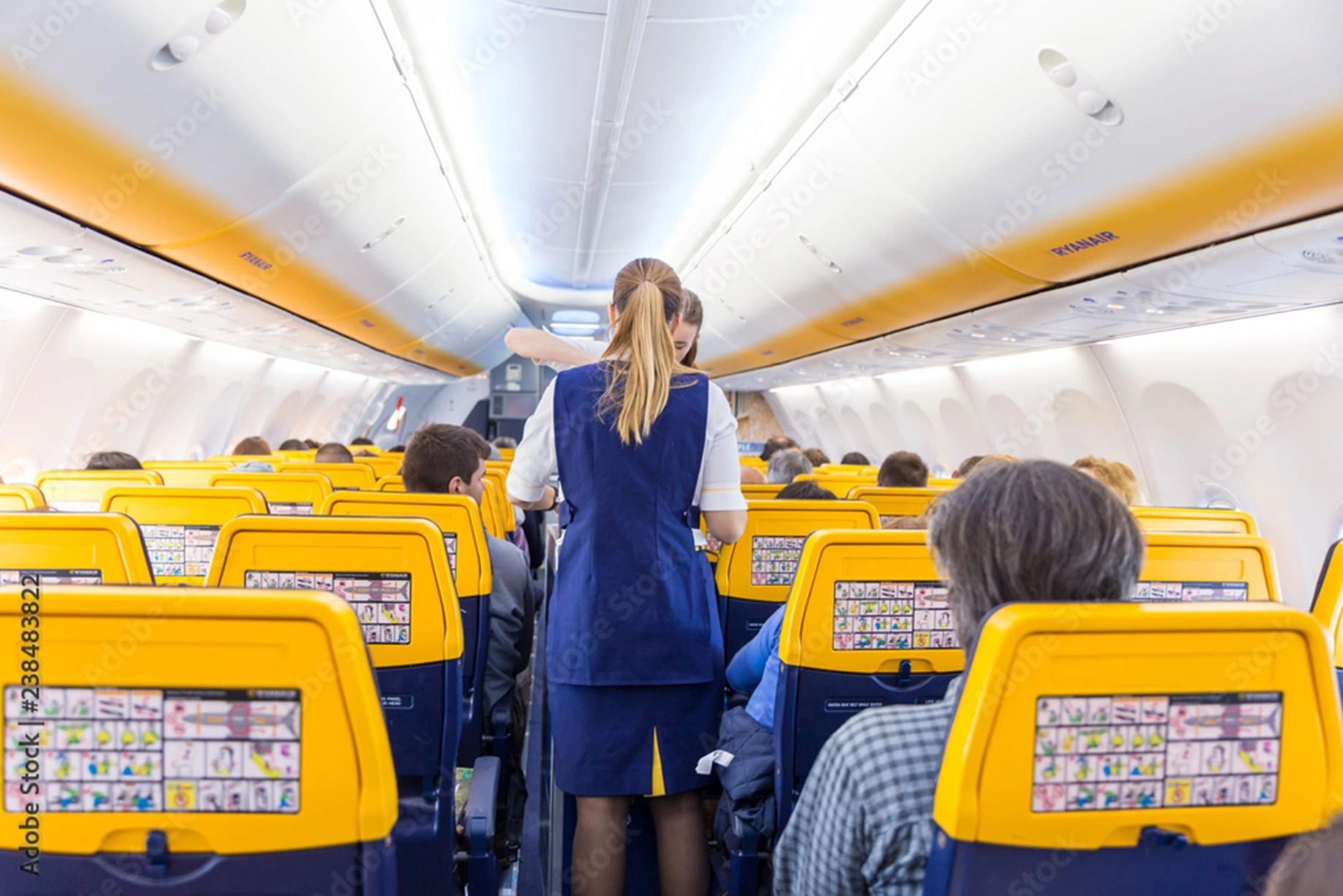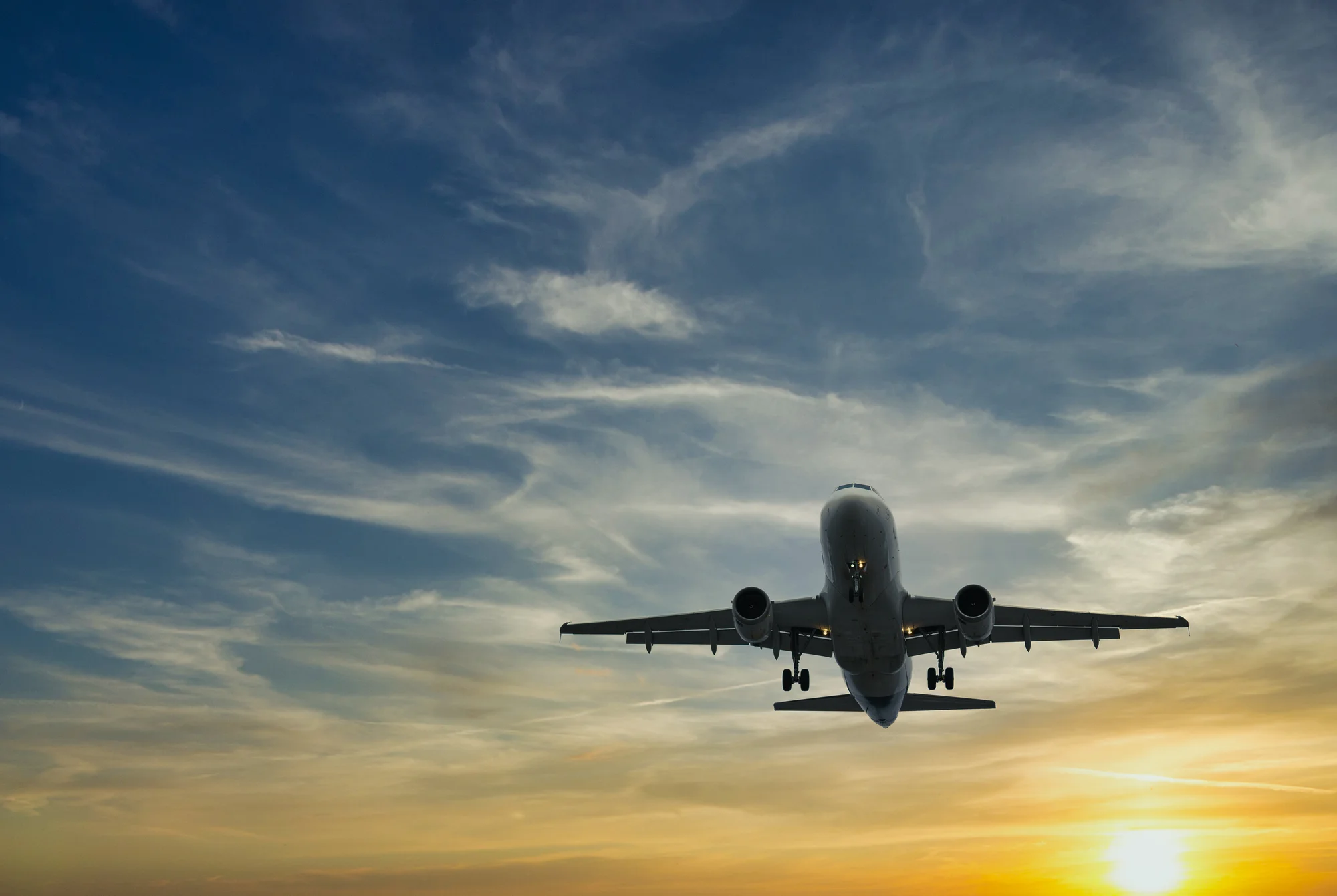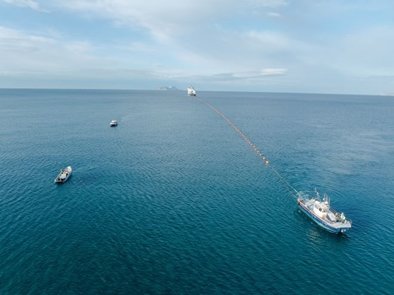Today, there are roughly 40,000 airports all over the world, with millions of passengers using their services daily.
To cope with the demand from big crowds seeking to use mobile data, airports need to future-proof their connectivity.
5G takes off at UK airports
In the UK, working with Exchange Communications, we’re installing our 5G network at five of the country’s largest airports.
Holidaymakers, business travellers and businesses at George Best Airport in Belfast, Newcastle International, Birmingham, Edinburgh and Glasgow airports will all be able to enjoy faster and more reliable mobile data.
With its much higher speeds, travellers can download the latest movies and box sets, scroll the internet or ring loved ones much quicker and with minimal interruption.
Thanks to 5G’s greater bandwidth, many more people can enjoy a reliable signal, no matter how busy and crowded the terminals get.
Sky high potential for businesses
Mobile networks are also a game changer for businesses to grow and digitise across the airport. Delivering services such as real-time inventories and smart carts, as well as supporting existing services including contactless check in and digital passport controls.
Using 4G and IoT, in partnership with Ryanair, we’ve been able to design and implement a solution to turn paperless cockpits into reality.

Next level in-flight sales
Providing the Irish airline’s pilots with 6,000 tablets, we’re linking their devices to Ryanair’s central network, enabling them to connect directly to a mobile network or via Wi-Fi right after landing.
In addition, the cabin crews have been given over 13,000 handheld devices used for in-flight sales.
This new electronic point of sale (EPOS) system allows passengers to buy their rail and bus tickets or entry to tourist attractions on board, while it makes sure that the terminals automatically authorise payments after landing.
Previously, the devices used for in-flight sales couldn’t handle secure credit card authorisation or manage stock levels. As a result, they needed to return the EPOS units to the base sites every day before putting through the sales.
If a unit got lost or damaged, Ryanair had to cover the cost of lost transactions and as the documents needed during the flights were printed out and distributed daily, pilots used to carry a heavy briefcase on board to have all the necessary information in one place.
A long-haul transformation strategy
Using our flexible and scalable solution, Ryanair can now offer a better end-user experience, reduce the risk of fraud, and save around €100,000 a year.
Furthermore, thanks to the robust and resilient managed network infrastructure we’ve created for Ryanair, we can continue to roll out new solutions like this, fast, helping to set new industry standards and moving the company towards its ambitious goal of doubling its traffic to 160 million customers annually by 2024.

























